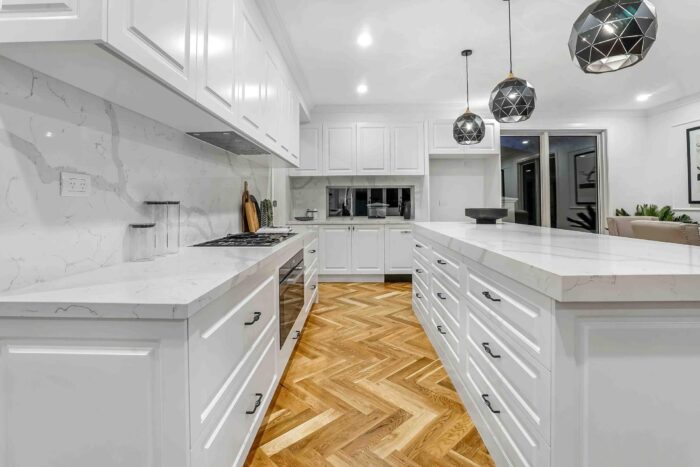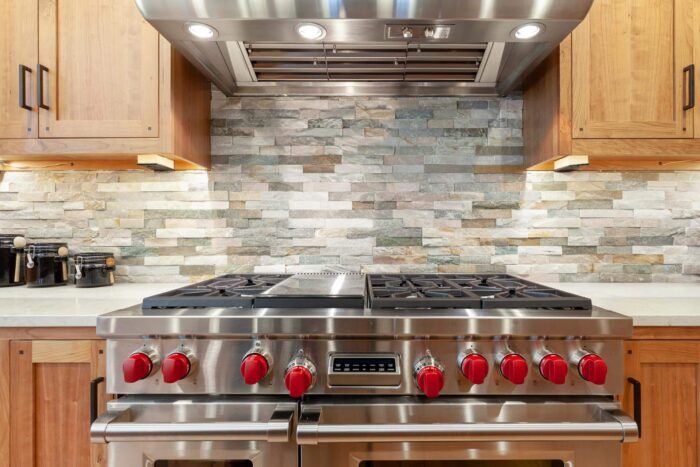A major component of any new home purchase is the inspection. It may be tempting to save a few dollars (some inspections cost under $100) and skip the home inspection, but skipping the home inspection may cost more in the long run-like when the roof leaks the first time it rains or the hot water heater springs a leak because it is rusted- and you’re stuck with thousands of dollars in repairs. It is important to note that while a home inspection is not required, an occupancy inspection is required in many areas, especially areas with older homes.
The occupancy inspection is a quick 30-minute inspection by the municipality’s code enforcement department looking for major safety issues, such as GFCI outlets not being installed near water sources, cracked sidewalks, broken windows, mold, smoke detectors and carbon monoxide detectors (Illinois now requires 10-year smoke detectors be installed effective January 1, 2023), handrails, and peeling paint. Deficiencies in these areas must be corrected by the seller at his or her expense before the sale can happen.
A home inspection, on the other hand, is requested and paid for by the buyer and is much more detailed. A home inspection usually takes between one and three hours and is an inspection from roof to foundation only looking for repair issues that can easily be seen, such as electrical outlets and lights not working, HVAC systems and appliances that do not work properly, leaky pipes and faucets, a wet crawl space, basement, or other foundation issues. For example, if the inspector flips a light switch and the light doesn’t work, he or she is not going to know if it is the lightbulb or the wiring, he or she will just mark on the inspection “light does not work when switch is flipped”. The inspector will not move furniture to take things apart to look for problems.
It is your right as a home buyer to request a home inspection. Likewise, the seller has the right to sell the home “as-is”.
A home inspection DOES NOT include the flooring (unless there are tears in the carpet that can be a tripping hazard or the floors are uneven), old appliances, or paint color.
In the early part of 2022, home sellers were waving contingency to get an inspection because they could choose from multiple buyers without having to make any repairs. Because VA and FHA lenders require an appraisal calling out safety issues before issuing a loan, an additional inspection is not necessary.
In general, there are three major reasons why people skip the home inspection. In a seller’s market, buyers who do not ask for an inspection have an advantage over the other buyers. Second, some buyers mistakenly think that because the house was just built or is not very old that it will not have any problems. Finally, some buyers think they can’t afford the inspection, and end up paying more in repairs after they have closed.
Sometimes, the seller will pay for a pre-inspection. This is more likely to happen in a buyer’s market to eliminate the time used for an inspection contingency.
Your real estate agent can provide you with a list of three home inspectors if you do not already have one. He or she will not make the selection for you. In Illinois, the home inspector is required to be licensed. Once you have decided to get an inspection, there is only a 30-day window in which the entire process, from the time the contract is signed and the response is sent to the seller. The inspector will also need to be paid before the report is given to your agent to deliver to the seller.
Once you select an inspector, choose the first available date when you can go to the house at the end of the inspection (you do not need to be there for the whole inspection but it is recommended to have the inspector go over all of the findings with you). It generally takes 20 days to get the inspection and turn over the results to the seller, then the last 10 days for the seller to communicate if he or she will fix or replace the issues found or tell you “oh well”.
If the seller agrees to make the repairs, make sure they are completed and you are satisfied with the job before you close the sale. If the seller goes with the last option, you can then ask your agent to negotiate for a lower sale price to cover the cost of the repairs that need to be done.
A home is a large investment. A home inspection is a smart investment to make sure you are getting what you paid for.










